The five science-based ways to increase creativity
Creativity is generally understood as the ability to think outside the box and find unusual or creative ways to solve problems whilst achieving your goals.
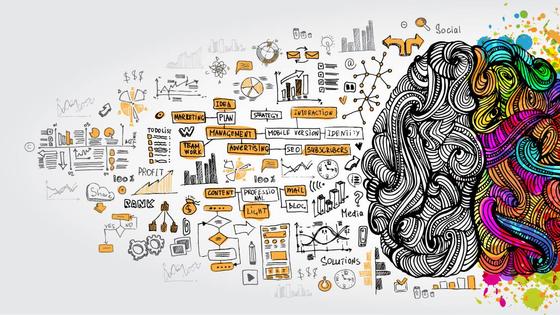
Creativity isn't just a quality or skill, but includes multiple processes, and applying a unique style of thinking which is the essential characteristic of creative individuals.
There's an opinion that creativity is the paradox of logic, which is entirely secure in its structure. However, creativity is supposedly spontaneous, like inspiration, or intuition and some people think it's something absurd, unimportant, or unworthy of your attention. This approach, of course, is fundamentally wrong, and especially now in an era of crazy ideas, where it is only by being creative that you can achieve the desired result.
Creativity has as much to do with science as logic. Thankfully, there are several entirely scientifically based methods to help develop and strengthen this quality, and we'll talk about them here.
***
In our contemporary world, we've all heard of the archetypal "mad scientist" who comes up with crazy ideas and appears as nutty as a fruitcake. Nevertheless, many of their notions give us food for thought, and often, some years later, manifest themselves in real life and become a regular part of our world.
What do you think, for example, of the idea that in just fifteen years people will be able to "recharge" the brain to stimulate a creative process?
No, don't worry, no one is talking about electric shocks! Or are they?
Already, Adam Green, the Director of the Georgetown Laboratory of Relational Cognition and the elected President of the Society for Creative Neurobiology, is working with his team to explore whether some regions of the brain (frontal-polar cortex) can be stimulated in ways that facilitate the process of creative thinking.
If you don't have an extra fifteen years left or you simply have no patience, don't be upset: you can increase your creativity outside of the laboratory with the help of no fewer scientific methods than Adam Green employs.
CREATIVITY IS A MUSCLE THAT MUST BE EXERCISED
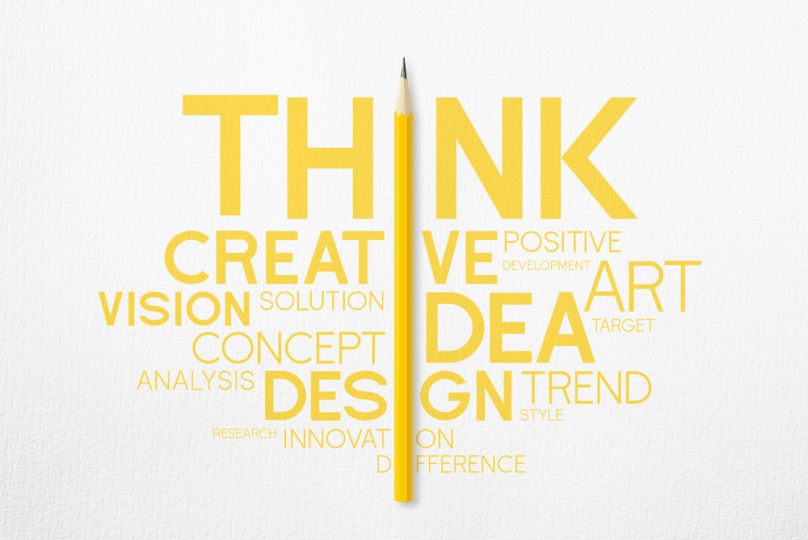
A magic pill that will turn a skinny boy into a mountain of muscles overnight or ossified thinking that will bring a constant flow of creativity. Unfortunately, this magic pill hasn't been invented, however, in both these cases, simple exercises could work wonders.
Studies show that to think creatively and be creative; you need to think innovatively and be enterprising. So, in other words, don't wait for the moment when suddenly there's a day for creativity; make that day today. Just try it!
Research shows that if you consciously try to think more creatively, this will happen more frequently. Over time, unique neural connections are generated in your brain, and you'll no longer have to make a conscious effort to start thinking creatively.
The most important thing is to devote as much time as possible to active, creative thinking. Try to remove all sorts of distracting activities and objects (social media, your smartphone, an overly talkative colleague etc.) and concentrate as much as possible on the process in hand.
LOOK AT YOUR ENVIRONMENT AND CHANGE IT (JUST A LITTLE BIT)
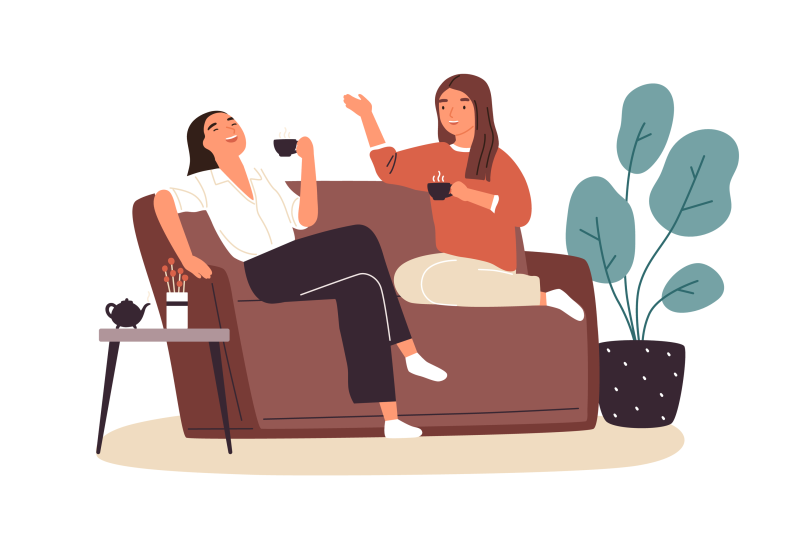
The brain is a sophisticated, highly developed, and multi-faceted machine. Nevertheless, our grey matter is not without irregularities. One of its renowned patterns is that any changes of your usual activities (the location of furniture, a new route to work, items kept on the table) drive the brain to process information in a completely new way, and accomplish it more actively.
Since our brain consumes most of the energy produced by the body, it seeks to conserve it. That's why we love the familiar, our well-trodden paths, and always find ourselves reaching for our favourite mug in the cupboard.
Breaking our traditional mode and routes, and the brain will be forced to "refresh," which will start the process of active thinking. If you do it correctly, you'll be able to increase creativity significantly.
Do you need to urgently come up with an unusual way out of a situation? Change your environment, for instance, if possible, sit in a cafe instead of the office (or just go to another part of the building where you rarely visit) and start thinking about the problem. You may be surprised that your lightbulb moment of inspiration where you come up with a solution to your problem will come to you sooner than you imagined.
STOP HIBERNATING AND AWAKEN AN INTEREST IN LEARNING
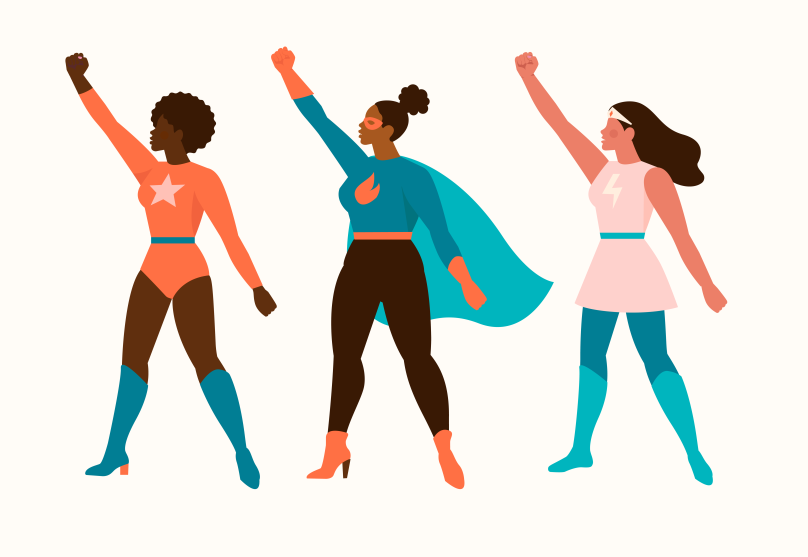
How long has it been since you learnt something new and unconventional? Not just another serving of irregular verbs or professional skills, but, say, rock history? Have you read about the structure of the court under Louis XVII? Or how do you build a shelter in the forest?
Perhaps it's time to wake up from hibernation and start expanding your horizons. The benefit of the Internet is that it has everything you need, so it's a perfect place to discover something new.
Expand your field of knowledge of the unfamiliar, new topics (any, and they don't necessarily have to be boring) encourages the emergence of new ideas while solving familiar situations.
New ideas, as research shows, are connections gathered from prior knowledge. Likewise, the more knowledge you have in the bag and the more unique it is, the higher your chances of coming up with a rare non-standard idea during your next brainstorming session. The good news is that you don't have to make a lot of conscious effort to do this. "Good news number two: learning the history of rock music is impressive!"
Lectera’s Online Courses by topic
WRITE DOWN IDEAS AND LISTEN TO YOURSELF

You may consider yourself to be neither creative nor imaginative, which will be a continuous problem unless you stop ignoring thoughts in your mind.
But, with age, the number of exceptional ideas and solutions in our minds decreases, but they won't disappear altogether. We just learn to ignore them. Consider this point if your task is to come up with creative ideas, and remember that we tend to filter our thoughts, so try to consciously analyse what you think about and how you do it. Of course, write down any ideas, even the most insane or crazy ones. You may need them at a later date.
TEST YOUR STRENGTH AND CAPABILITIES
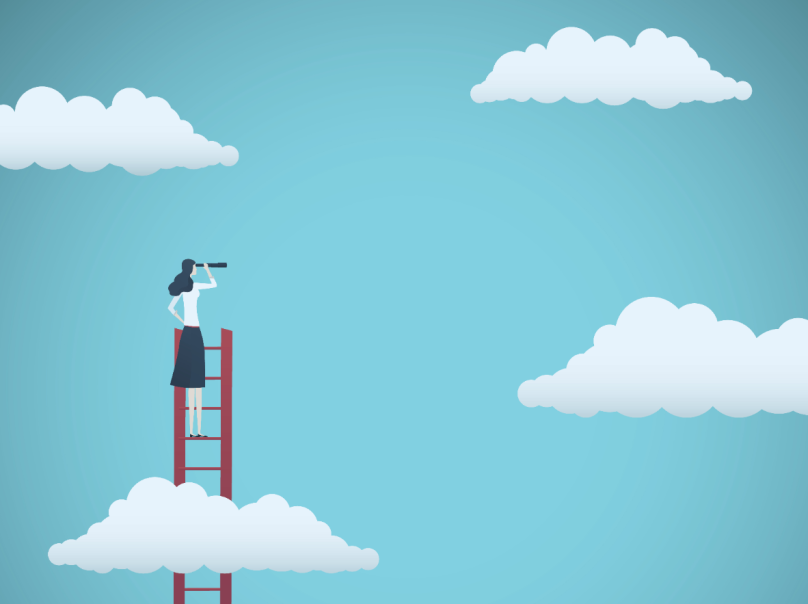
Any challenge encourages a person to act, and it's not necessarily because of a life-or-death situation either. You start thinking creatively when you visit the right office for help and find that the door is closed. You have to agree, in this kind of situation, you need to get your thinking cap on, weight-up a million possible options or ideas of how to solve the situation that come to mind. Hello, creative thinking!
So why not stimulate your mind in a similar way when you need to solve a work problem creatively? Just generate an obstacle or a challenge. For example, limit the time you have to complete a task.
***
Creativity and imagination, although they don't have a clear description, are highly valued in today's world. We live in an era of innovators and unique solutions. We prefer that even the most routine work looks like a work of art. Well, science is on your side: use the five tips written above, and inspiration won't be too far away.
Lectera’s Online Courses by topic
Share this with your friends via:
Latest News

In the UK, £23 million has been allocated for the expansion of the EdTech Testbed program — pilots of educational technologies in schools and colleges.

In the US, Tuskegee University announced the launch of Tuskegee University Global Campus (TUGC) — a new online platform for distance learning.

A significant stage in the development of the alternative education system has begun in West Northamptonshire in the UK: the County Council is actively calling on parents, guardians, and trustees to participate in shaping the future of this key area.

Outwoods Primary School in Atherstone, Warwickshire, having experienced deep sadness after the loss of their famous cat, Silla, has found solace in a new pet – a Maine Coon named Aloysius O’Hara.

In modern universities, artificial intelligence, and in particular ChatGPT, is rapidly transforming from a controversial tool into a full-fledged student assistant.












 9 Career Mistakes Young Professionals Make
9 Career Mistakes Young Professionals Make
 £23 million allocated for the expansion of EdTech Testbed in the UK
£23 million allocated for the expansion of EdTech Testbed in the UK
 Tuskegee University launches Global Campus — a new online platform
Tuskegee University launches Global Campus — a new online platform
 Test: How Psychologically Mature Are You? Check Your Inner Foundation.
Test: How Psychologically Mature Are You? Check Your Inner Foundation.
 Test. Check Your Social Media Dependency Level!
Test. Check Your Social Media Dependency Level!
 Test: What Business is Right For You?
Test: What Business is Right For You?
